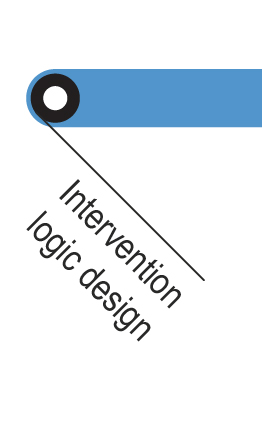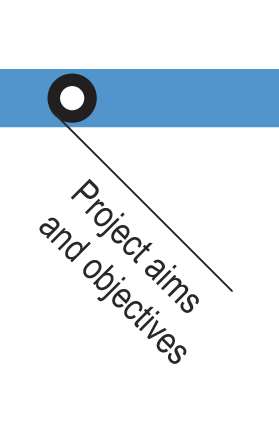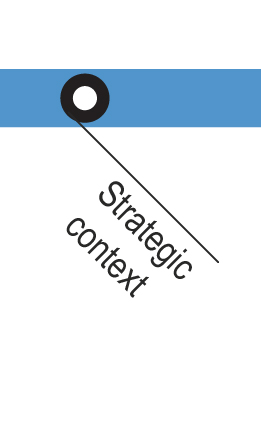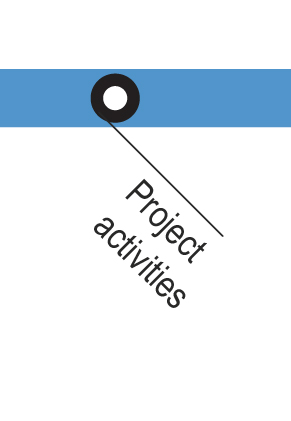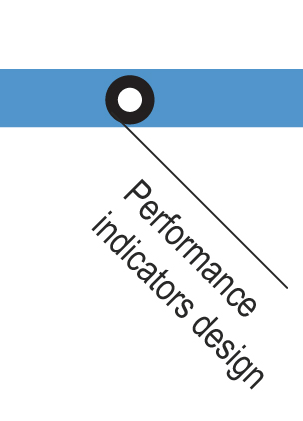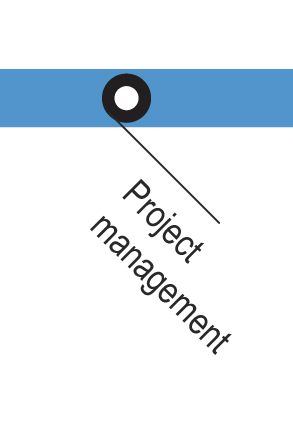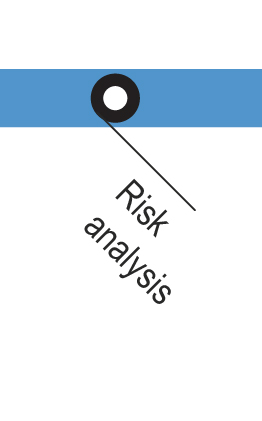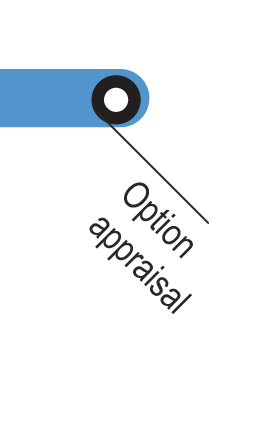UNDERTAKING OPTION APPRAISAL will help you to decide on the best possible option for implementation. The task of appraising the various options for project implementation is crucial in many respects. By comparing and assessing different options of how a project could be implemented, the Option Appraisal process ensures that the aims and objectives of a project are met in the most effective and efficient way. The process itself, i.e, the debate about the pros and cons of each of the options also deepens the understanding of how the project might achieve its objectives in the best possible manner.
If and when senior decision makers or funders require you to explain why your project and the way you seek to implement it, is the best and most effective way of achieving your aims, an Option Appraisal will provide you with the information to justify your decision in face of scarce resources.
The tool provides a template to undertake an in-depth Option Appraisal.
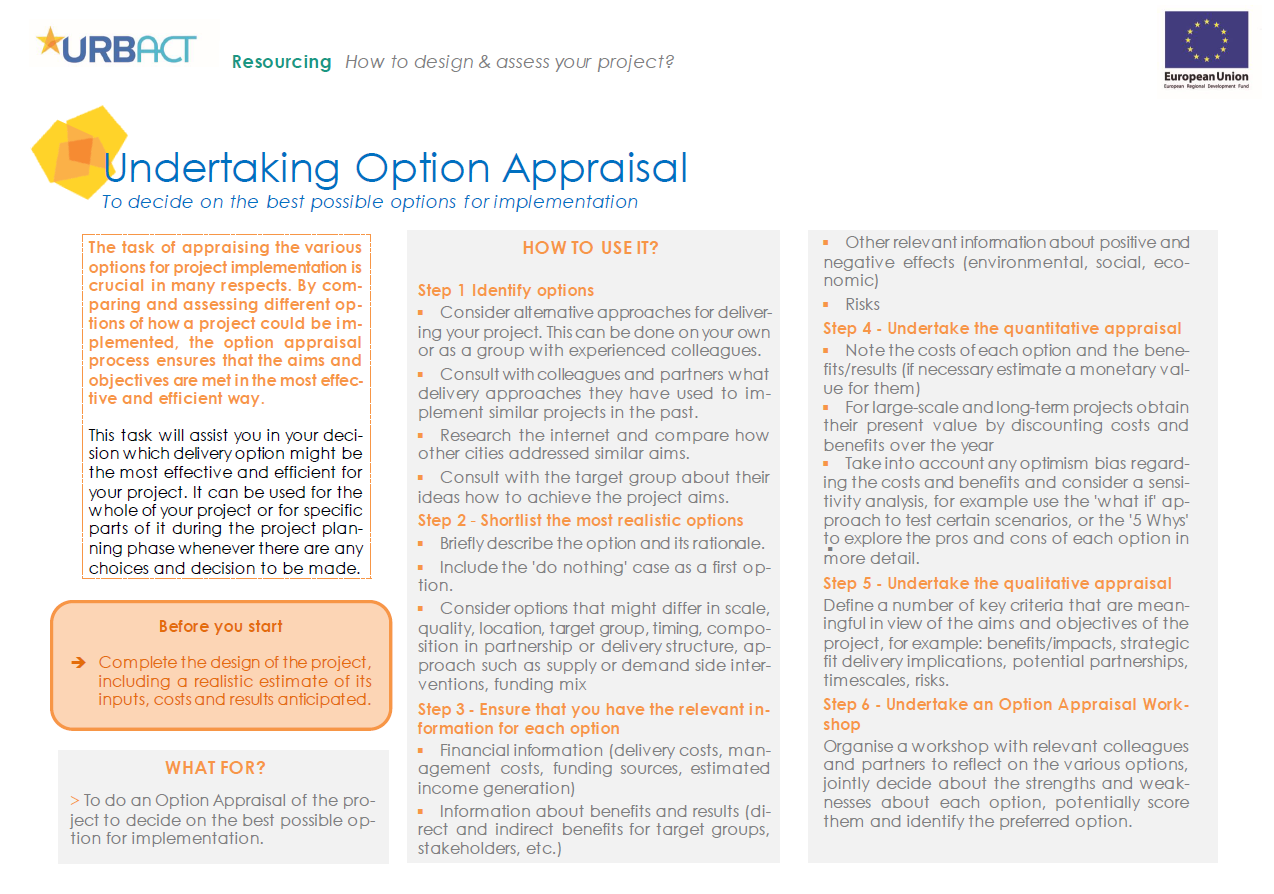
| Who is the tool for? | When should the tool be used? |
| Project Design Team | At various stages of the project planning process and whenever it is required. Particularly when alternatives for project implementation are becoming apparent or major changes have occurred that have an impact on the original project design. |
Click on the stations to navigate throught the Project line!
Key challenges of the step
- A project could potentially have a large number of delivery options. Only those that are truly feasible, realistic and relevant should be chosen for an Option Appraisal, as it is a detailed process.
- The clarity of aims and objectives of a project need to be fully understood by all those participating in the Option Appraisal. The agreement and vision of the project plan can however differ between stakeholders. This could make the Option Appraisal process and debate more challenging.
- Option Appraisal can be done in a very detailed manner including qualitative as well as quantitative assessment. This can be costly and time-consuming. But this is usually only necessary for larger investment projects. While project costs and impacts still need to be included, the Option Appraisal of many smaller projects do not necessarily have to undergo the most detailed quantiative research (such as discounting of costs and benefits calculations). Deciding how detailed the Option Appraisal of your project has to be depends a lot on the type of project and your options. It will always be more robust to undertake a quantitative as well as a qualitative Option Appraisal.
Main risks
- At times, participants might have different interests and agendas which could potentially hinder the identification of the best-value option or impinge on the objectivity of the appraisal.
Helpful tips
- Option appraisal can be conducted at a number of stages of project development. Be mindful to be clear with your colleagues (if you work as a group) about what the objectives are and what questions you are seeking to get answers for from the appraisal.
- The approach of an Option Appraisal can vary depending on the size and complexity of a project. While the principle of comparing different options of implementation remains the same, the larger the financial volume of a project, the more detailed the Option Appraisal process is likely to be.
- In order to be an efficient process, an option appraisal should only include options that are realistic and feasible. Therefore, you might want to do a shortlist of the most valid options before you start.
- The 'do nothing' option (i.e. the project will not get approved and/or will not go ahead) should always be included and fully appraised as well.
- When assessing the cost-efficiency, include the likely monetary and non-monetary returns of the project, not just the initial inputs and costs.
-
m3_8_undertaking_option_appraisal_0.pdf(PDF, 122Ko)


